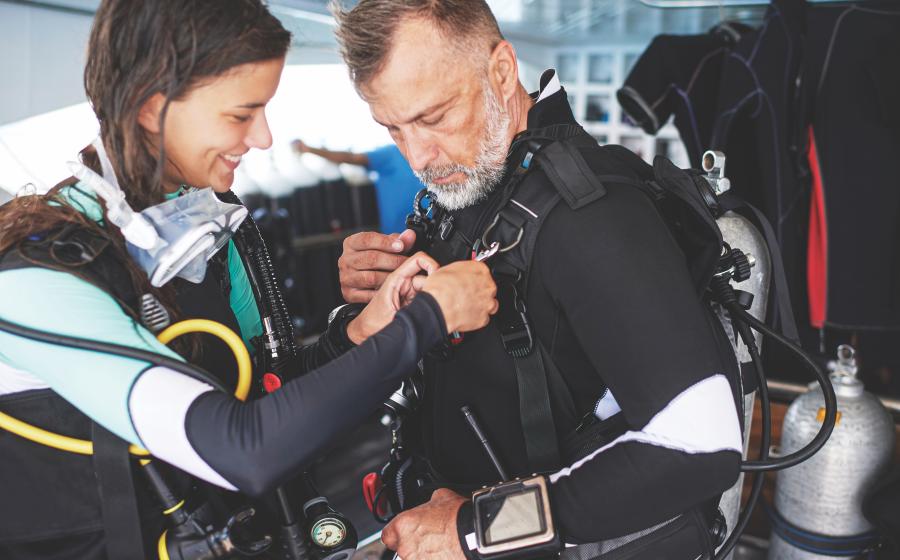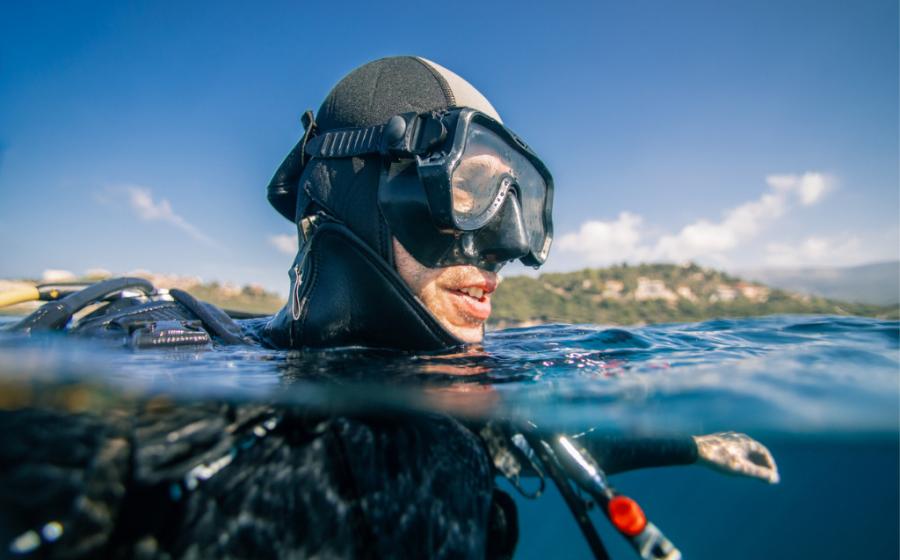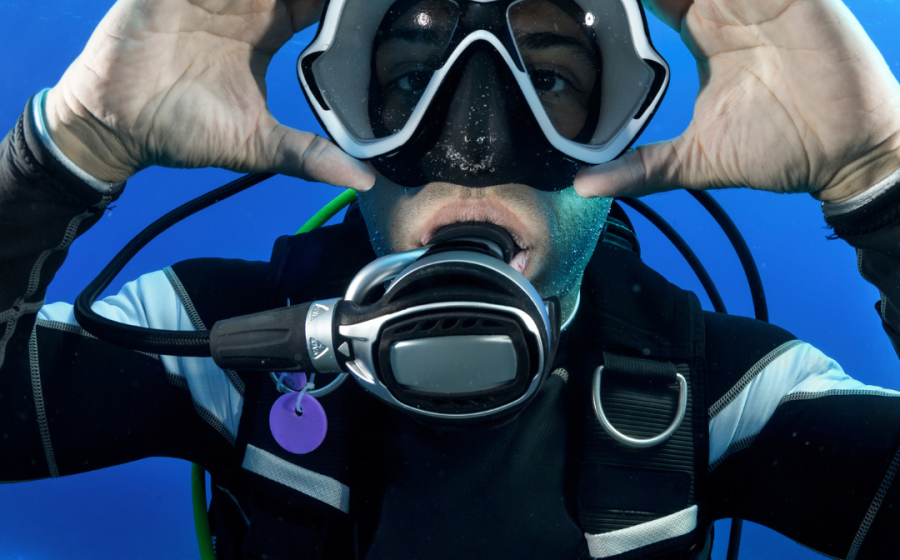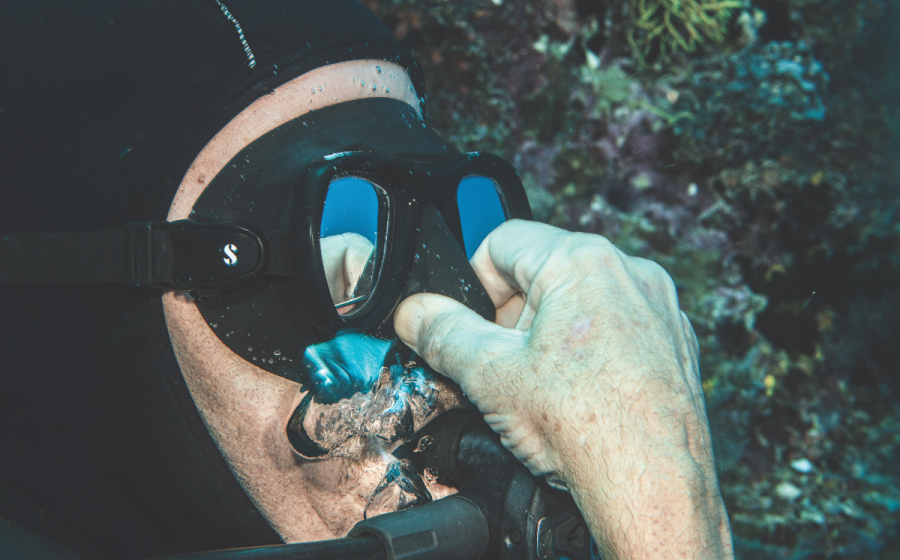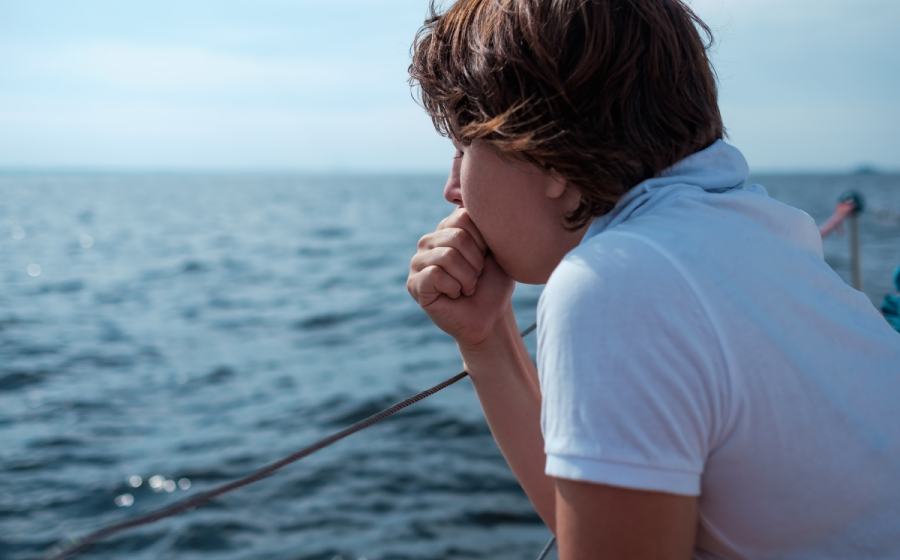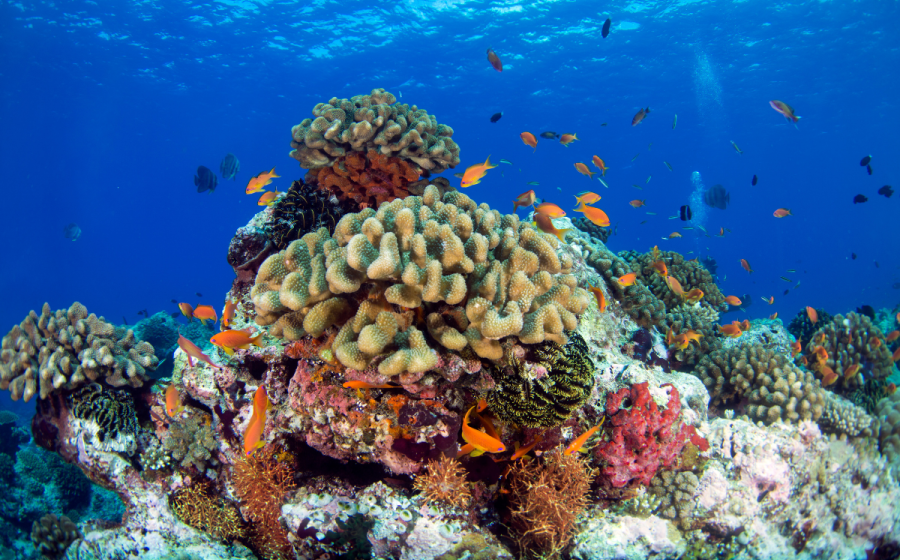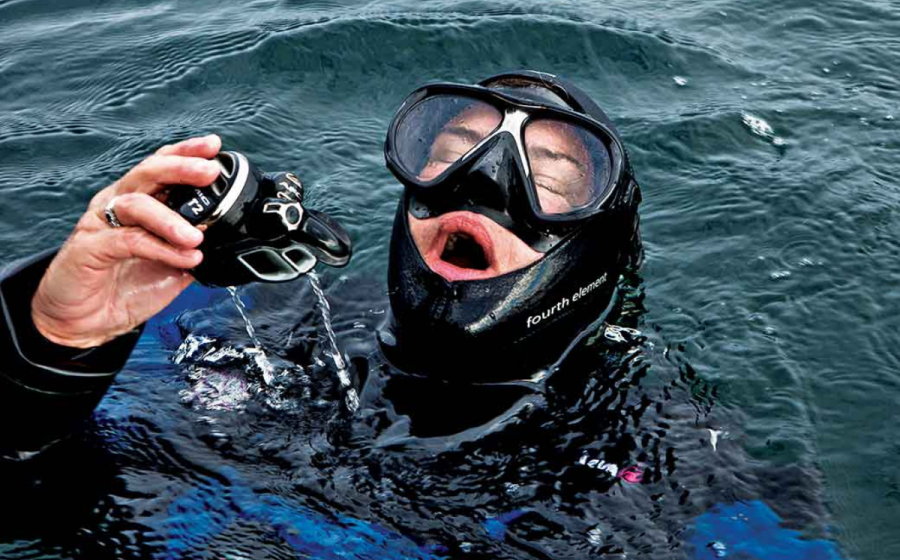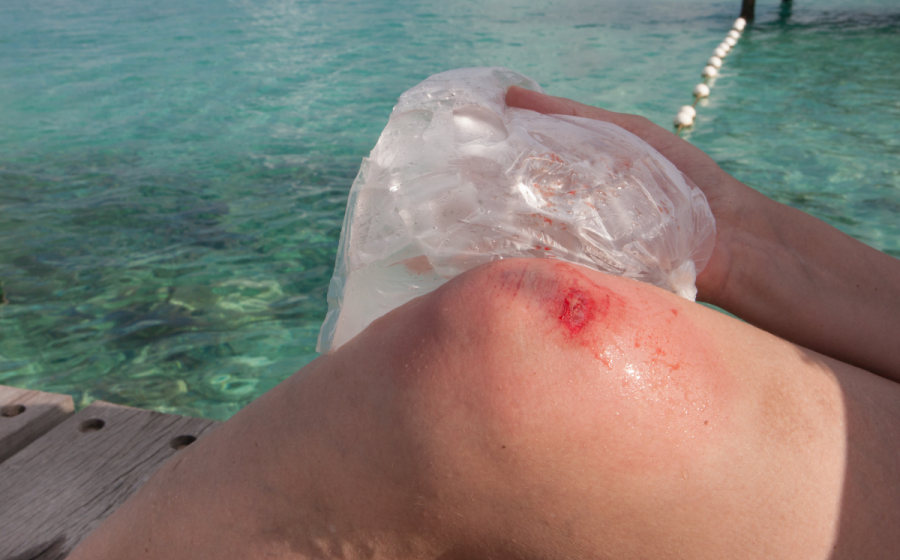Resuming diving after surgery should be assessed on a case-by-case basis and depends on complete recovery. Your surgical incisions need to be completely healed, and any complications, such as infections, must be resolved.
ASK DAN: What should I do before and after diving to avoid accidents?
A diver’s buoyancy is dynamic, constantly altered by pressure as the diver ascends and descends.
Just as you must equalize the pressure in your sinuses and middle ears, you must also equalize the pressure in your mask as you descend.
ASK DAN: What Do I Need to Know About Decongestants and Diving?
Some of the world’s best dive sites are only accessible by boat, but unfortunately, seasickness prevents some divers from visiting them.
Cuts and scrapes are among the most common injuries incurred by divers, and DAN receives calls from people who have come in contact with coral at least once a week.
Pulmonary edema is an abnormal leakage of fluid from the bloodstream into the alveoli—the microscopic air sacs in the lungs. It is most often the result of heart failure or other cardiac problems. Sometimes, however, pulmonary edema is observed in swimmers and divers when no underlying medical cause is apparent.
A proactive mindset will help ensure you aren’t caught off guard by seemingly minor irritations.


